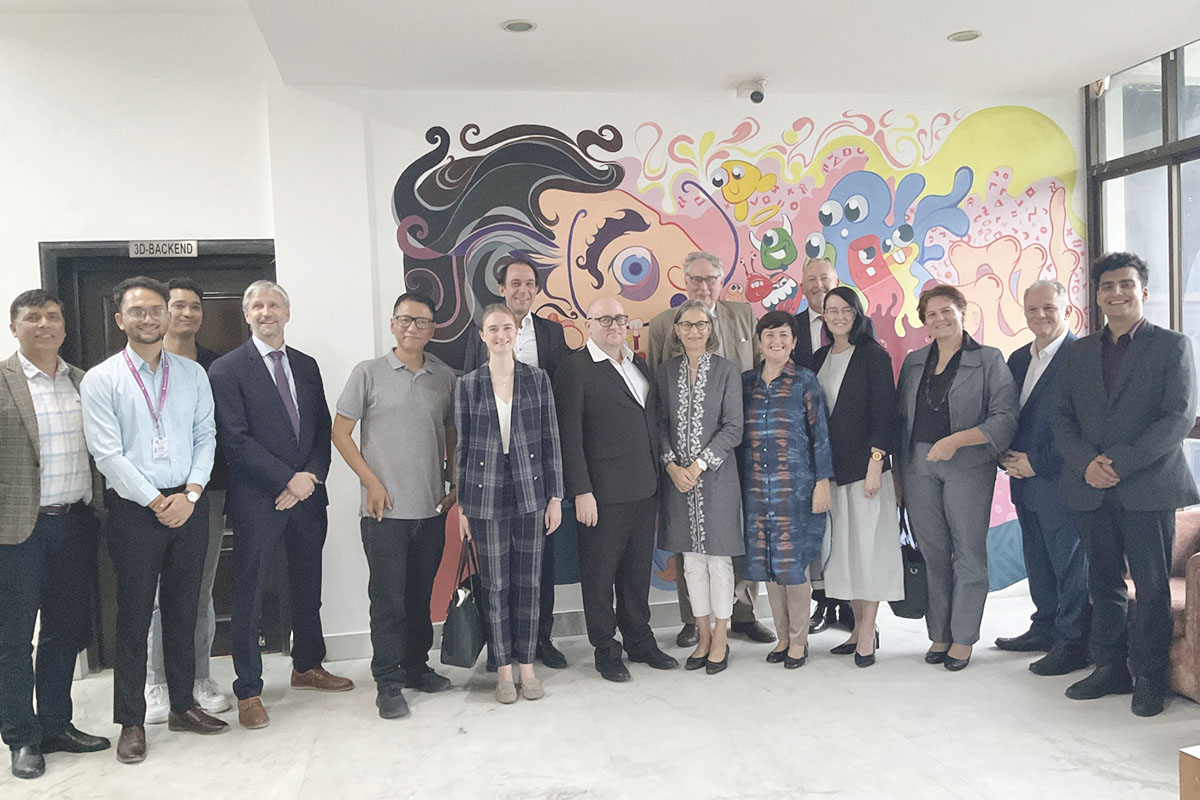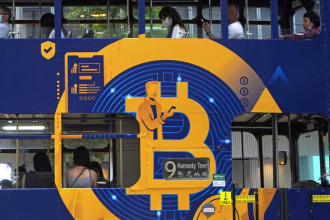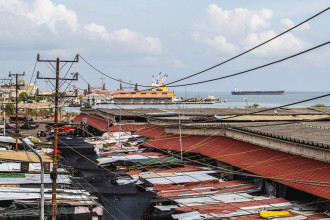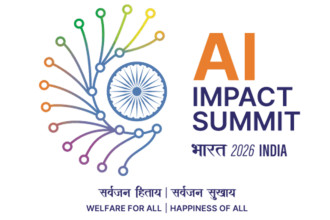
JAKARTA: Indonesia and the European Union will sign a trade agreement on Tuesday after nearly a decade of negotiations as they seek to mitigate the effects of US President Donald Trump's tariff policy.
The agreement, to be signed on the resort island of Bali, will bring resource-rich Indonesia and the 27-member European bloc into closer economic ties.
It is the third trade agreement the EU has signed with Southeast Asian countries, after Singapore and Vietnam.
Here are five things to know about the Indonesia-European Union Comprehensive Economic Partnership Agreement (CEPA):
Trump prompts 'urgency'
Indonesia has been in talks with the EU since 2016 but negotiations for a trade deal initially saw little progress.
Issues such as palm oil and deforestation posed stumbling blocks but US President Donald Trump's sweeping tariff policy "created the urgency" to expedite an agreement, said Deni Friawan, researcher at the Centre for Strategic and International Studies (CSIS).
In July, President Prabowo Subianto travelled to Brussels and announced with EU chief Ursula von der Leyen that the two sides had reached a "political agreement" to conclude the deal after 19 rounds of negotiations.
Indonesian chief economic minister Airlangga Hartarto said uncertainties caused by the "tariff war and protectionism" between major countries pushed the two sides "to seek certainty through a stable bilateral agreement".
The agreement was expected to "mitigate risks from the impact of the global tariff war", Airlangga told AFP in a statement.
Tariffs dropped
Around 80% of Indonesian exports to the EU will be tariff-free after the deal comes into force, Airlangga said in June.
It is expected to benefit Indonesia's top exports to the the bloc including palm oil, footwear, textiles and fisheries, he added.
Von der Leyen said in July the agreement would open new markets and "help strengthen the supply chains of critical raw materials that we need to power the clean and the digital transition".
"We want not only a secure supply, but we want responsible supply," she said.
"That means respect for the environment, respect for the local communities, and a clear focus on good jobs and local value creation."
Benefits
The EU is Indonesia's fifth-largest trading partner with bilateral trade reaching $30.1 billion last year.
The agreement would further open up EU access to the Indonesian market of around 280 million people, Deni said.
"With the CEPA, it means that it will be easier for them (EU) to enter" Indonesia, he said, underlining the size of the market and its growing economy.
The deal would ensure Indonesian and EU businesses enjoyed equal legal protection, Airlangga said.
Green policy tensions
Ties had been frayed by issues including a proposed EU import ban on products linked to deforestation that has angered Indonesia, a major palm oil exporter.
Under the EU deforestation regulation, exports of a vast range of goods -- including soy, timber, palm oil, cattle, printing paper and rubber -- are prohibited if produced on land deforested after December 2020.
Airlangga said EU trade chief Maros Sefcovic had promised to give "special treatment" regarding the deforestation regulation for countries that have signed trade agreements with the bloc.
EU has postponed the rule's implementation to the end of this year after a backlash.
Activists are concerned the agreement would lead to more deforestation driven by increased demand for Indonesian palm oil.
"The remaining natural forests in palm oil concessions will potentially be cleared in the near future (and) converted into plantations," said Syahrul Fitra of Greenpeace Indonesia.
Brussels reportedly pushed to include provisions about deforestation in the agreement, but details have not been made public.
Next steps
After the agreement's signing, the two sides are expected to carry out steps including legal checks and translation of the official documents, Airlangga said.
The deal will then have to be ratified by EU members, the European Parliament and Indonesia's parliament.
The agreement is expected to be implemented by 2027, Airlangga added.
By RSS/AFP




-1770286640.jpg)

